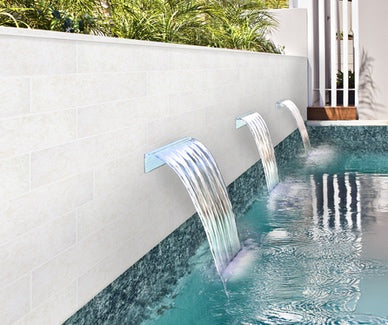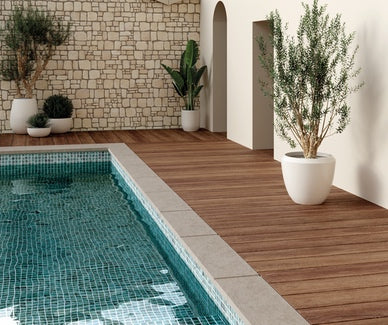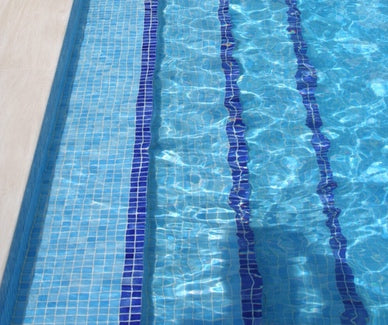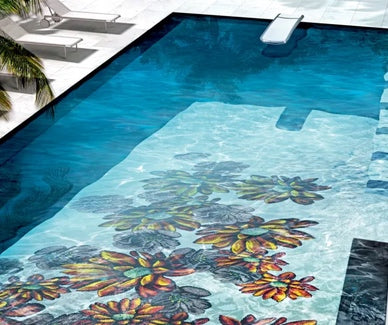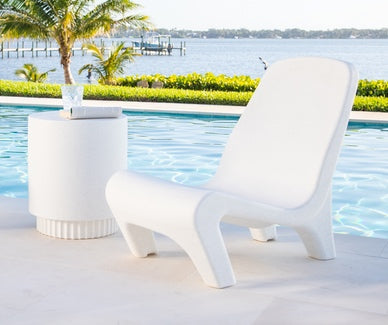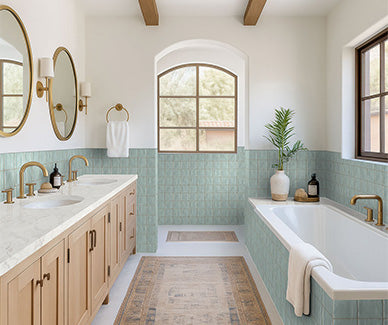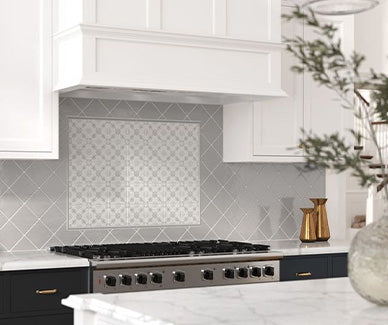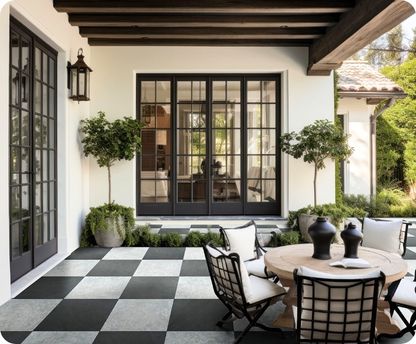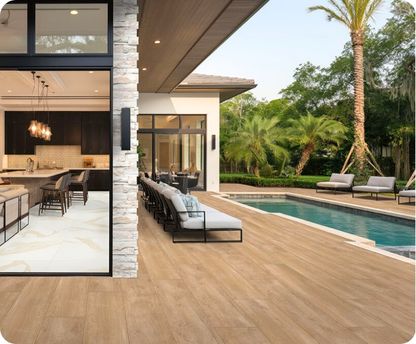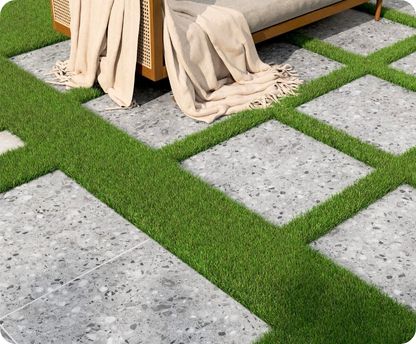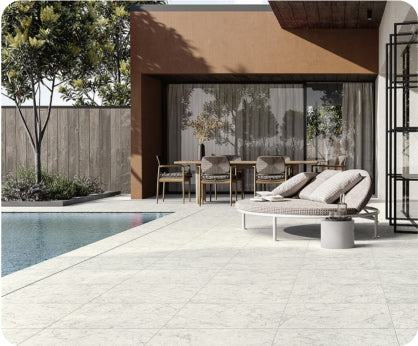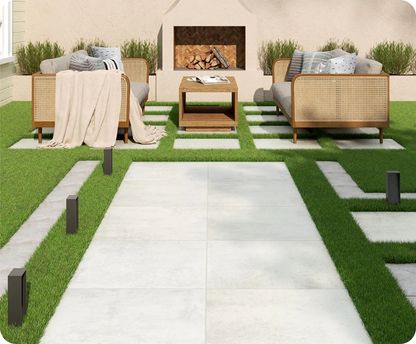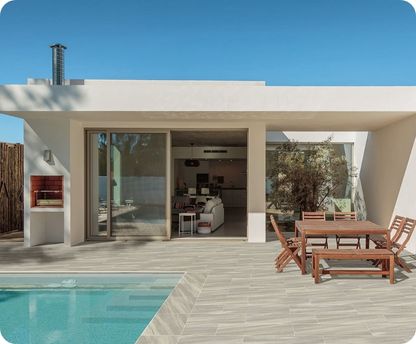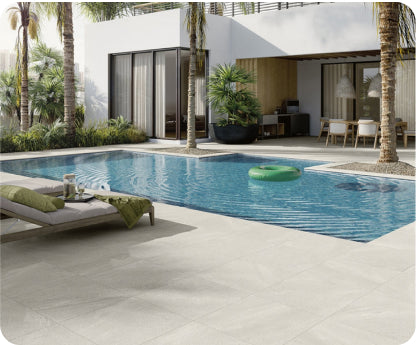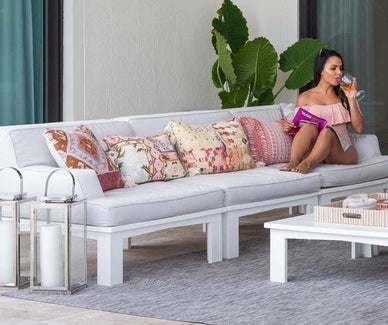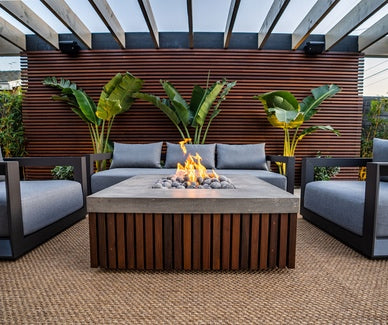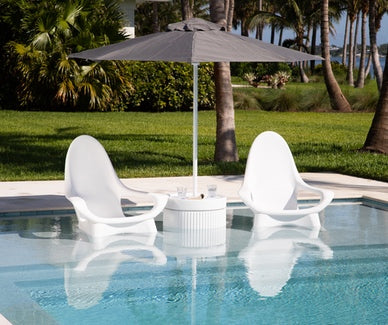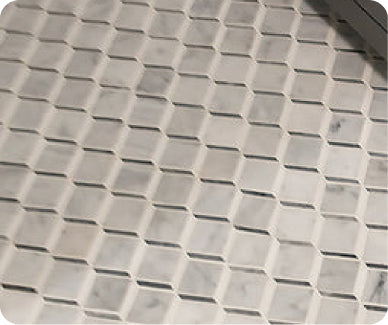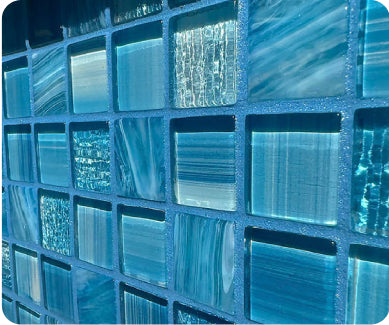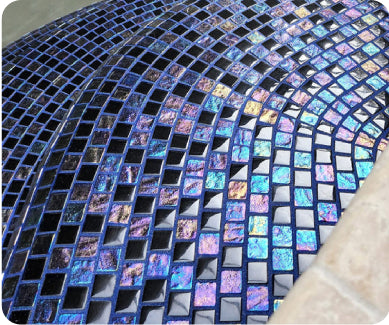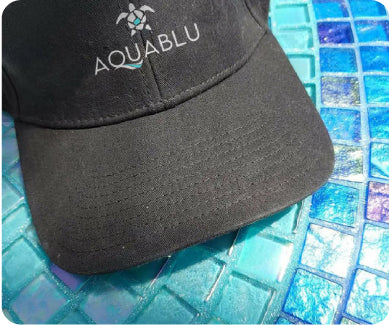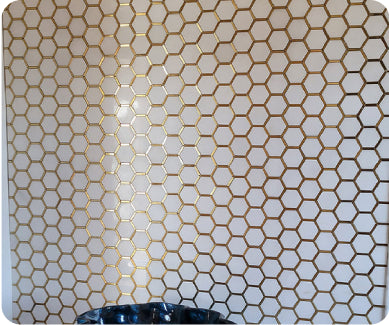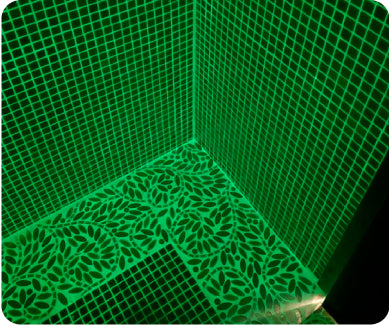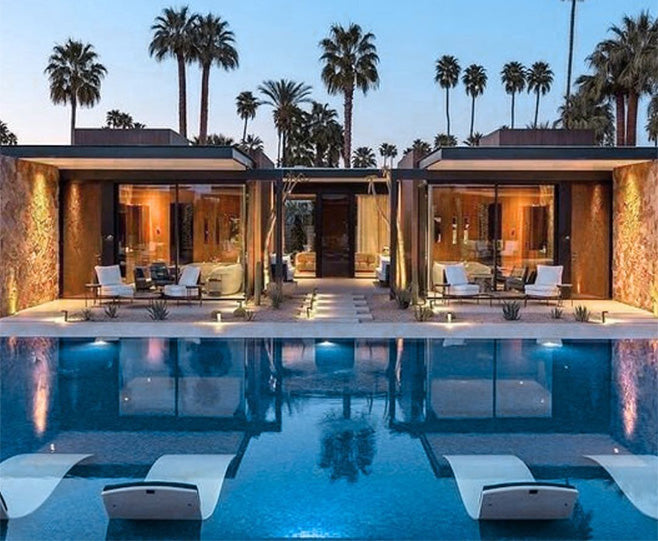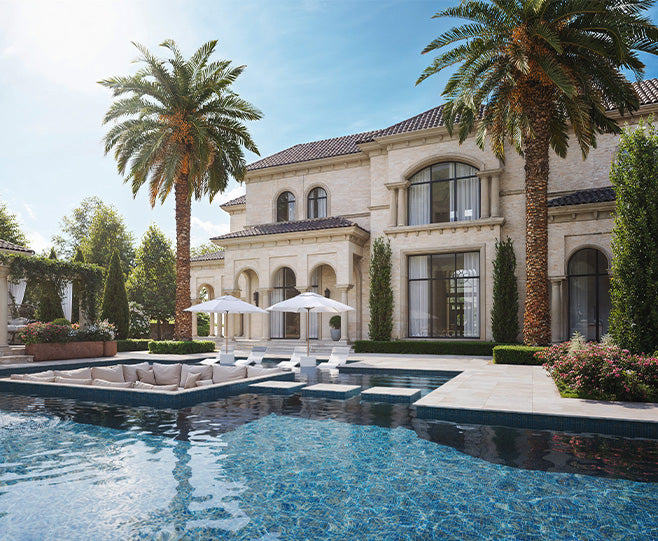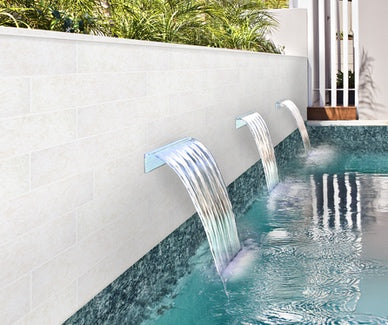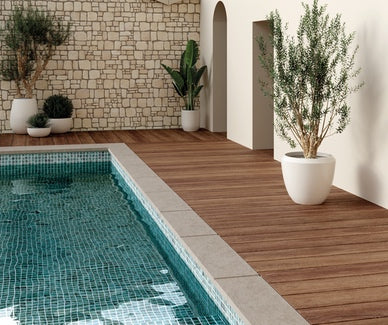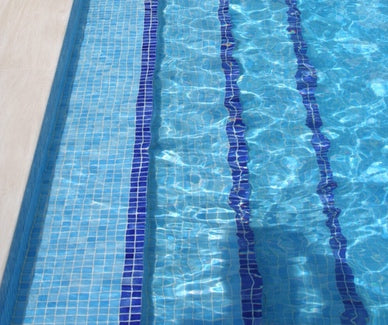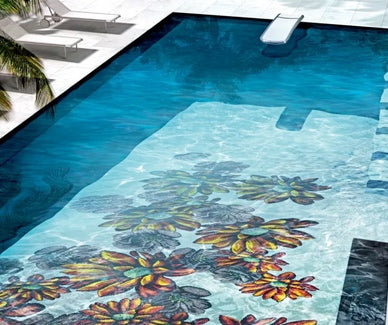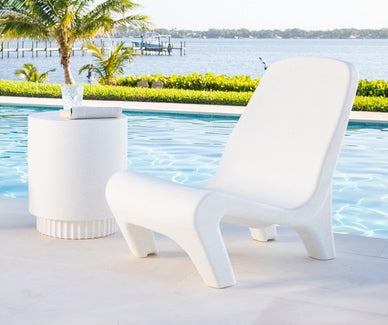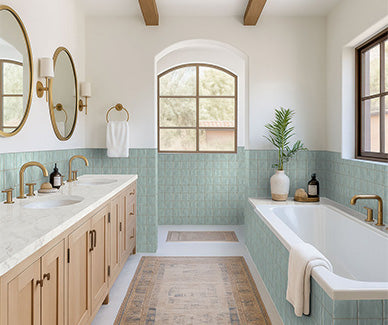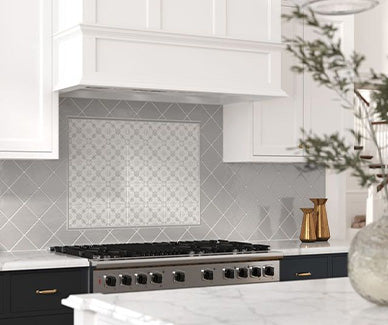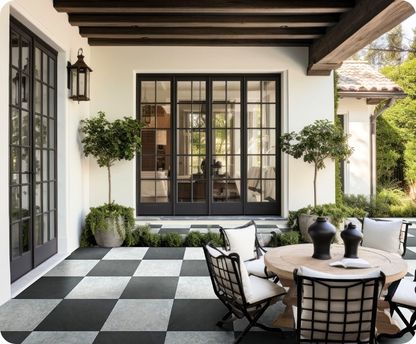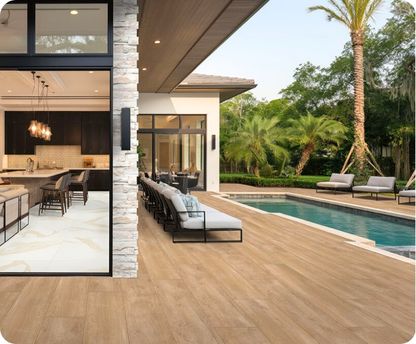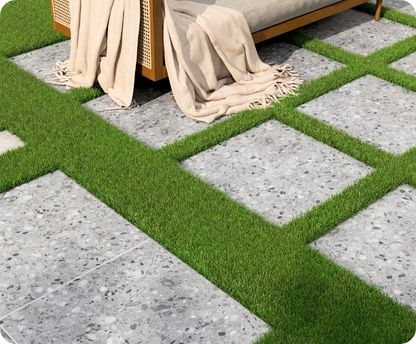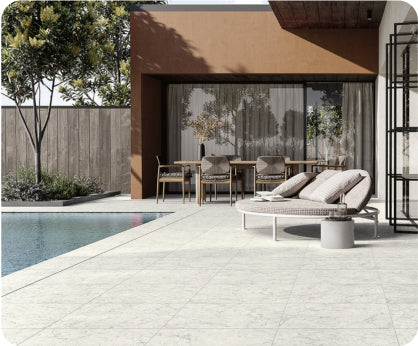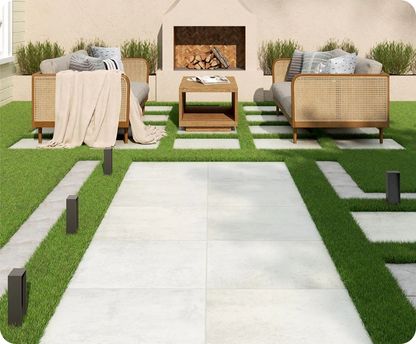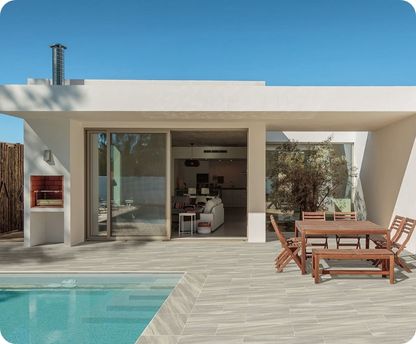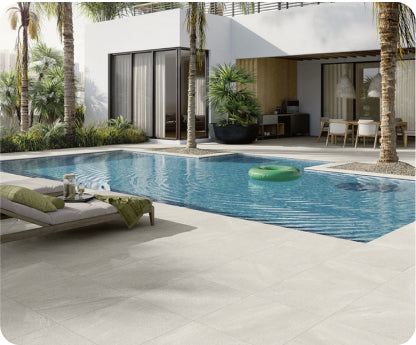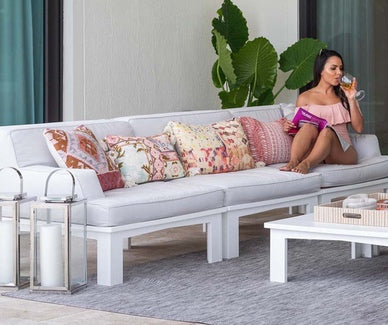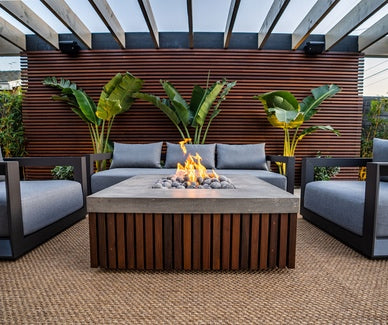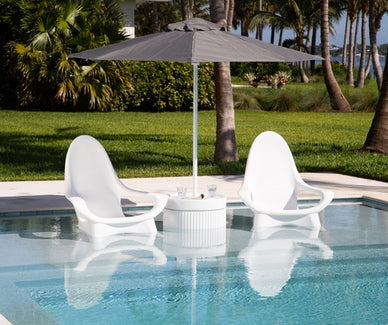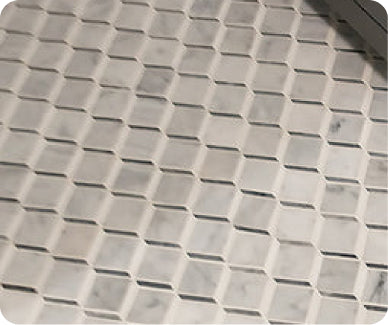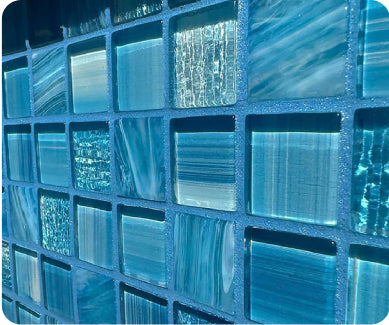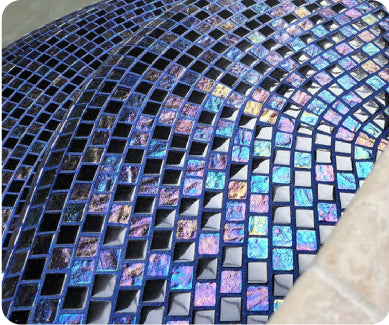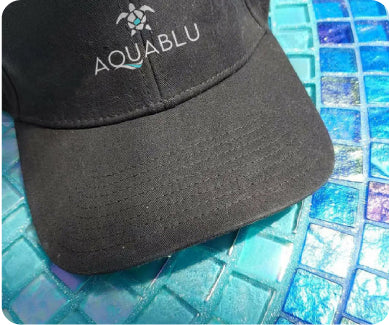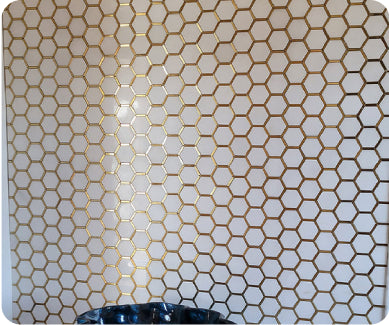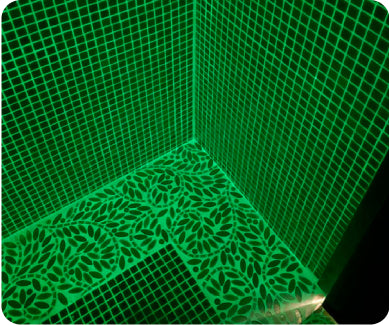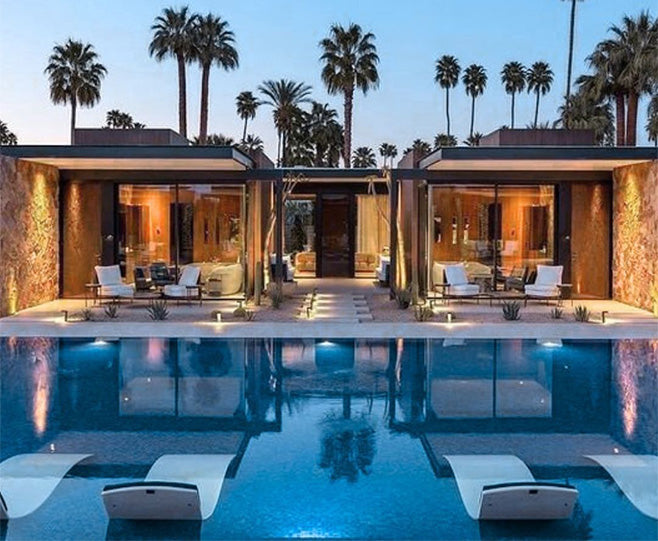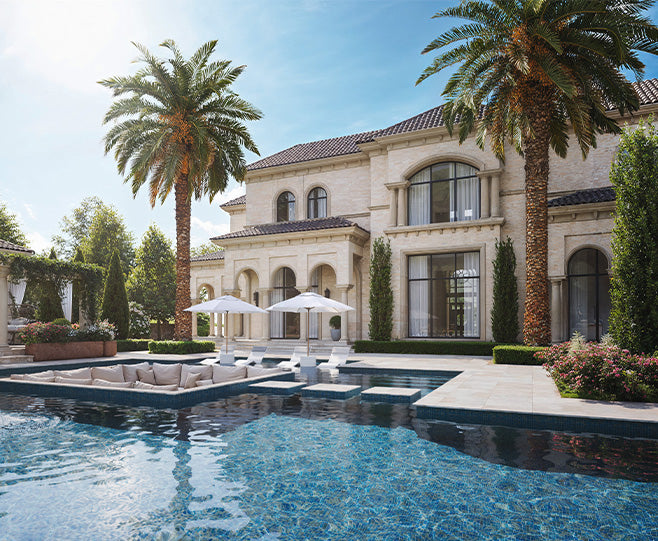5 Eco-Friendly Tile Choices for Sustainable Style
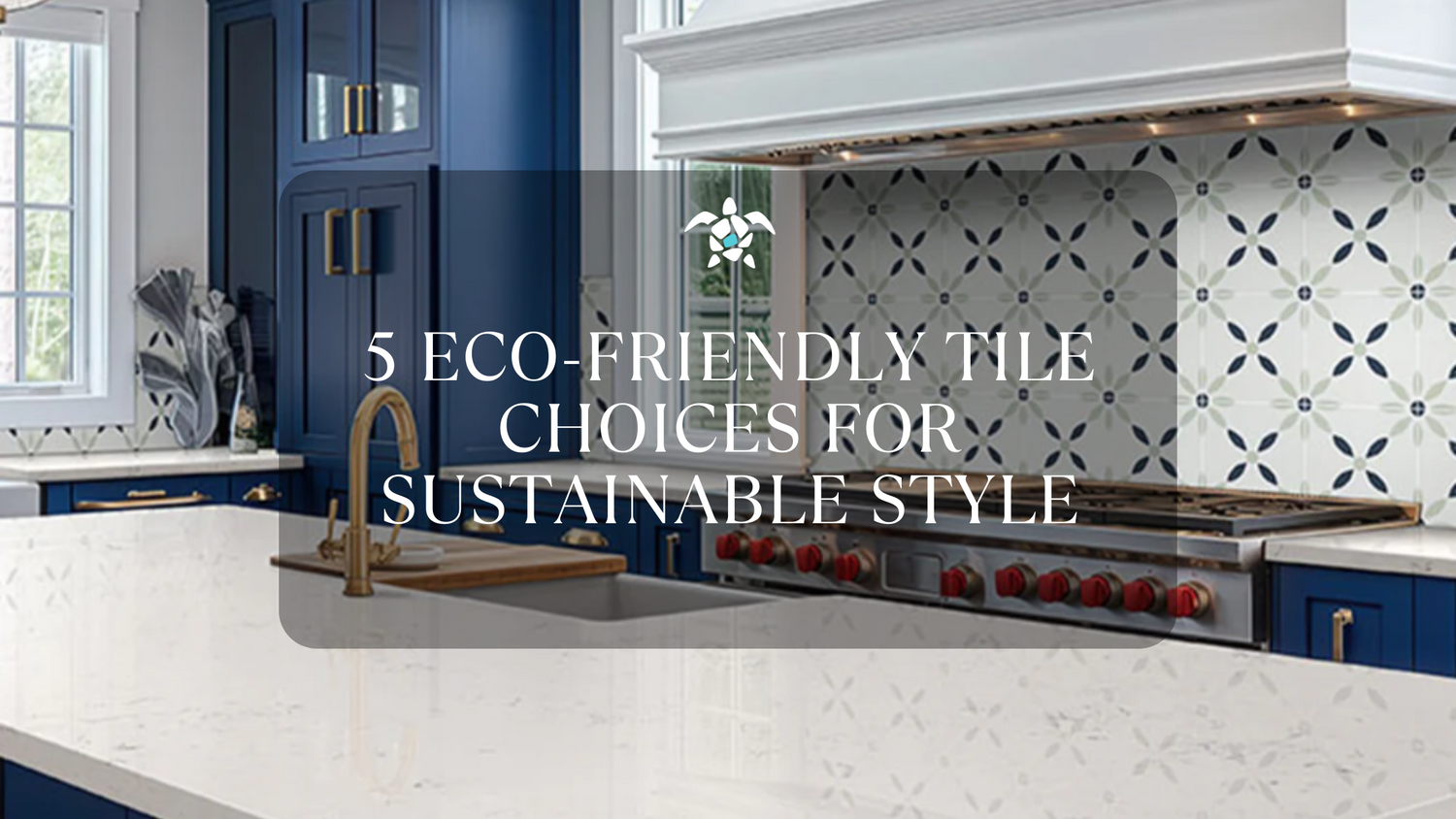
In an era where environmental consciousness shapes every decision, extending sustainable practices to our homes is not just a trend but a necessity. Choosing eco-friendly building materials, especially tiles, plays a crucial role in reducing our carbon footprint and creating healthier living spaces. Beyond their aesthetic appeal, eco-friendly tiles contribute to sustainability through their material composition, manufacturing processes, and long-term durability. They often incorporate recycled content, minimize waste, and are produced with energy-efficient methods, making them a smart choice for both the planet and your home.
This article explores five exquisite tile choices from AquaBlu Mosaics that perfectly blend sustainable practices with sophisticated design, demonstrating that environmental responsibility doesn't mean compromising on style. We'll delve into the eco-conscious aspects of each material and provide insights into how these selections can elevate your space while supporting a healthier planet.
The Foundation of Sustainable Tiling
Before we introduce our featured tiles, it's essential to understand what makes a tile "eco-friendly." Key factors include:
- Recycled Content: Tiles made from post-consumer or post-industrial recycled materials reduce landfill waste and the demand for virgin resources.
- Sustainable Manufacturing: Processes that conserve water, reduce energy consumption, minimize emissions, and repurpose waste by-products are hallmarks of eco-friendly production.
- Durability and Longevity: A tile that lasts longer means less frequent replacement, reducing consumption and waste over time.
- Low VOCs (Volatile Organic Compounds): Materials that don't off-gas harmful chemicals contribute to better indoor air quality.
- Local Sourcing: Using locally sourced raw materials and manufacturing reduces transportation-related emissions.
Porcelain and glass tiles, when responsibly produced, align well with these principles. Porcelain tiles can incorporate recycled content and are known for their extreme durability and low maintenance, which contributes to longevity. Glass tiles, especially those made from recycled glass, significantly reduce landfill waste and require less energy to produce than new glass.
AquaBlu Mosaics: Blending Beauty with Responsibility
AquaBlu Mosaics offers a diverse range of tiles, and several stand out for their potential to support sustainable design. While not every product explicitly lists its recycled content percentage, the material types themselves (porcelain and glass) offer inherent eco-advantages when produced with environmental considerations. Furthermore, AquaBlu Mosaics demonstrates a commitment to conservation through initiatives like their "Conservation badge: Saving our oceans with every purchase" and support for "underwater volunteer cleaning coral tree" projects, indicating a broader environmental ethos.
Here are five eco-friendly tile choices from their collection that exemplify sustainable style:
1. Constantino 8" x 8" Porcelain Tile
The Constantino 8" x 8" Porcelain Tile from the Trinity Porcelain Series is a testament to timeless design and durable functionality. Featuring a classic encaustic pattern that forms a captivating medallion motif when arranged in sets of four, this tile showcases intricate mosaic patterns in warm white tones with bold black accents, all finished in a sophisticated matte texture.
Eco-Friendly Aspects: Porcelain tiles like Constantino are inherently robust and long-lasting, minimizing the need for frequent replacement. Modern porcelain manufacturing often incorporates advanced techniques to reduce environmental impact, such as recycling process wastewater, decreasing energy usage, and repurposing unfired waste material back into production. Many manufacturers also utilize regionally sourced raw materials to cut down on transportation emissions. Its suitability for both indoor and outdoor applications, including kitchen backsplashes, patio floors, and accent walls, speaks to its versatility and endurance, contributing to a longer lifecycle in various environments.
2. Greta 8" x 8" Porcelain Tile
The Greta 8" x 8" Porcelain Tile captivates with its delicate flower-like geometric patterns, bringing a touch of intricate artistry to any space. This robust and easy-to-maintain tile is suitable for a wide range of applications, including pools, spas, floors, walls, and backsplashes.
Eco-Friendly Aspects: As with other high-quality porcelain tiles, Greta's durability ensures a prolonged lifespan, reducing waste. The brand's emphasis on conservation, as indicated by its "Conservation badge: Saving our oceans with every purchase" and support for underwater coral tree cleaning, reflects a broader company commitment to environmental responsibility. While the tile's specific recycled content isn't detailed, choosing a product from a company that actively supports environmental initiatives adds to its eco-friendly appeal. Porcelain's non-porous nature also means it doesn't require harsh chemical sealants, contributing to better indoor air quality.
3. Lime Fluted 4" x 12" Porcelain Tile
The Lime Fluted 4" x 12" Porcelain Tile from the Glassalike Series by IWT offers a modern aesthetic with understated elegance and a muted colorway. Its glossy finish and intentional variation create a dynamic visual interest. This frost-proof tile is highly versatile, perfect for indoor and outdoor applications such as kitchen backsplashes, bathrooms, and accent walls, and is even suitable for pool applications.
Eco-Friendly Aspects: This porcelain tile shares the inherent eco-benefits of durability and low maintenance common to the material. Its long-lasting nature means it will serve your space for many years, reducing the consumption and waste associated with more fragile materials. The manufacturing processes for contemporary porcelain tiles are increasingly sustainable, focusing on reducing resource consumption and waste generation. Its robust nature makes it a sustainable choice for high-traffic areas where less durable materials would require frequent replacement.
4. Vague Blue 2" x 6" Glass Tile
The Vague Blue 2" x 6" Glass Subway Tile from the MSI collection offers a deep grey-blue hue with a beveled edge, designed to add visual depth and texture. This durable tile is suitable for residential or light commercial vertical applications such as kitchen backsplashes, bathroom vanity walls, and shower surrounds, requiring no ongoing maintenance.
Eco-Friendly Aspects: Glass tiles, especially those that incorporate recycled content, are a stellar choice for eco-conscious design. The use of recycled glass significantly diverts waste from landfills, reducing pollution and conserving raw materials. Manufacturing glass from recycled cullet (crushed glass) typically requires less energy compared to producing new glass from virgin raw materials. Glass tiles are also non-porous, resistant to stains, mold, and mildew, which makes them easy to clean without harsh chemicals, further supporting a healthy indoor environment. Their long-lasting nature and ability to be recycled again at the end of their life cycle contribute to a circular economy.
5. Blue Shimmer Arabesque Glass Tile
The Blue Shimmer Arabesque Glass Tile presents a dazzling blend of radiant blues, designed to enhance the beauty of kitchens and bathrooms. This elegant glass tile adds a touch of sophistication and sparkle to any interior design.
Eco-Friendly Aspects: Similar to the Vague Blue glass tile, the Blue Shimmer Arabesque glass tile offers significant environmental benefits due to its material. Glass tiles are often produced with a high percentage of recycled content, reducing the demand for new glass production and diverting considerable waste from landfills. The production process for recycled glass tiles typically results in less air and water pollution and consumes less energy. Glass is an exceptionally durable material, offering excellent resistance to chemicals and stains, which contributes to its long life and reduced need for replacement. Its non-absorbent surface also inhibits the growth of mold and mildew, making it a hygienic and low-maintenance option that promotes healthier indoor air quality.
Sustainable Style: Beyond the Tile
Choosing eco-friendly tiles is a significant step, but sustainable style encompasses a broader approach to design. Consider these additional elements for a truly green home:
- Holistic Design: Plan for durability, adaptability, and energy efficiency in your overall design.
- Non-Toxic Materials: Opt for low-VOC paints, sealants, and adhesives to ensure healthy indoor air quality.
- Waste Reduction: Minimize construction waste by accurately calculating material needs and prioritizing products with minimal packaging.
- Energy Efficiency: Integrate energy-efficient appliances, lighting, and insulation.
- Water Conservation: Choose low-flow fixtures and consider rainwater harvesting systems.
By combining eco-friendly tile choices with these broader principles, you can create a space that is not only beautiful but also kind to the planet.
Frequently Asked Questions (FAQ)
Q1: What makes porcelain tile eco-friendly? A1: Porcelain tiles are considered eco-friendly due to their durability and longevity, reducing the need for frequent replacement. Many manufacturers also use recycled content in their production, conserve water, reduce energy consumption, and recycle manufacturing waste. Their low-maintenance nature means less use of harsh cleaning chemicals.
Q2: How does recycled glass tile benefit the environment? A2: Recycled glass tiles significantly reduce landfill waste by repurposing discarded glass. Their production often requires less energy than new glass manufacturing and results in lower air and water pollution. They are also durable, non-porous, and can be recycled again at the end of their life.
Q3: Are eco-friendly tiles more expensive? A3: While some specialized eco-friendly tiles might have a higher initial cost, their long-term benefits often outweigh this. Their durability, low maintenance, and potential for energy savings (due to their thermal properties) can lead to cost savings over the lifespan of the installation.
Q4: Can these tiles be used in any room? A4: The suitability of each tile depends on its material and specific features. For instance, porcelain tiles are generally versatile for both indoor and outdoor applications, including high-traffic areas and wet environments. Glass tiles are excellent for vertical applications like backsplashes and shower walls. Always check the manufacturer's recommendations for specific product usage.
Q5: What are common certifications for eco-friendly building materials? A5: Common green building certifications include LEED (Leadership in Energy and Environmental Design), which evaluates a building's overall environmental performance, and GreenGuard Certification, which focuses on indoor air quality by certifying low-emitting products. Green Squared Certified, developed by the Tile Council of North America, is specific to sustainable ceramic and porcelain tiles.
Glossary of Terms
- Eco-Friendly Tile: Tiles produced with materials and processes that minimize environmental harm, often featuring recycled content, low energy consumption, and reduced waste.
- Sustainable Style: An approach to interior design and architecture that prioritizes environmental responsibility, resource conservation, and long-term durability.
- VOCs (Volatile Organic Compounds): Organic chemicals that have a high vapor pressure at ordinary room temperature. VOCs are harmful to both humans and the environment and are often found in paints, adhesives, and sealants.
- Post-Consumer Recycled Content: Material that has served its intended purpose and has been diverted from waste streams, such as recycled glass bottles or plastic containers.
- Post-Industrial Recycled Content: Waste material generated during manufacturing processes that is then recycled back into new products, preventing it from becoming landfill waste.
- LEED (Leadership in Energy and Environmental Design): A widely recognized green building certification program that provides a framework for healthy, highly efficient, and cost-saving green buildings.
- GreenGuard Certification: A certification program that ensures products meet stringent chemical emissions limits, contributing to healthier indoor air quality.
- Cullet: Crushed glass that is ready to be melted down and recycled into new glass products.
- Embodied Carbon: The sum of all greenhouse gas emissions released throughout the life cycle of a material, from extraction and manufacturing to transportation and disposal.
- Non-Porous: A material that does not allow water or air to pass through it, making it resistant to moisture absorption, stains, and the growth of mold or mildew.

